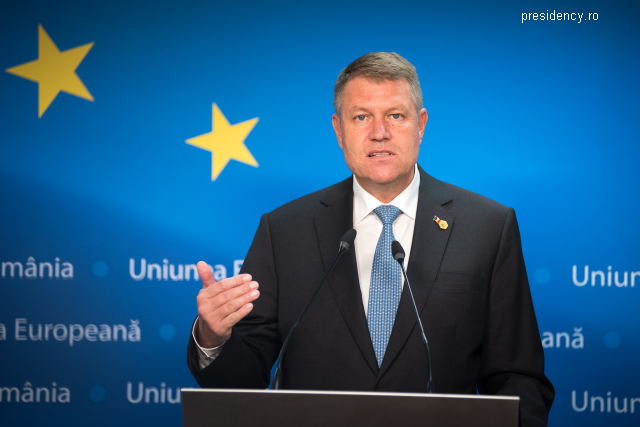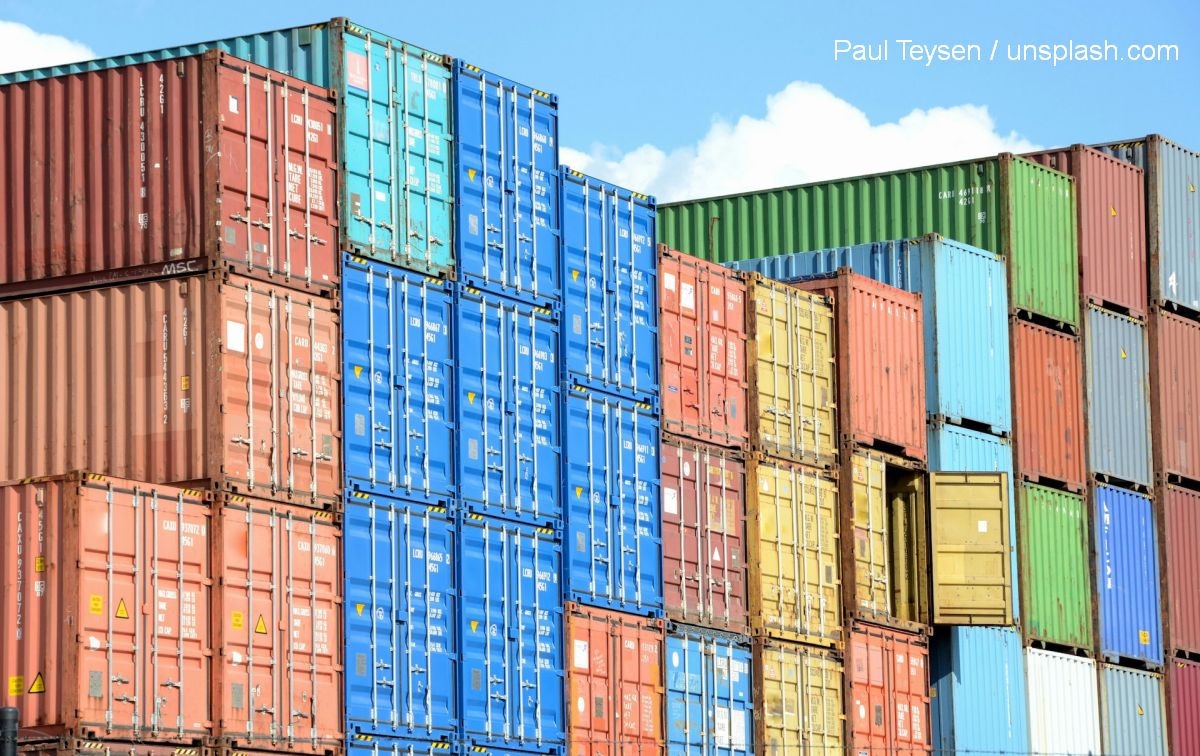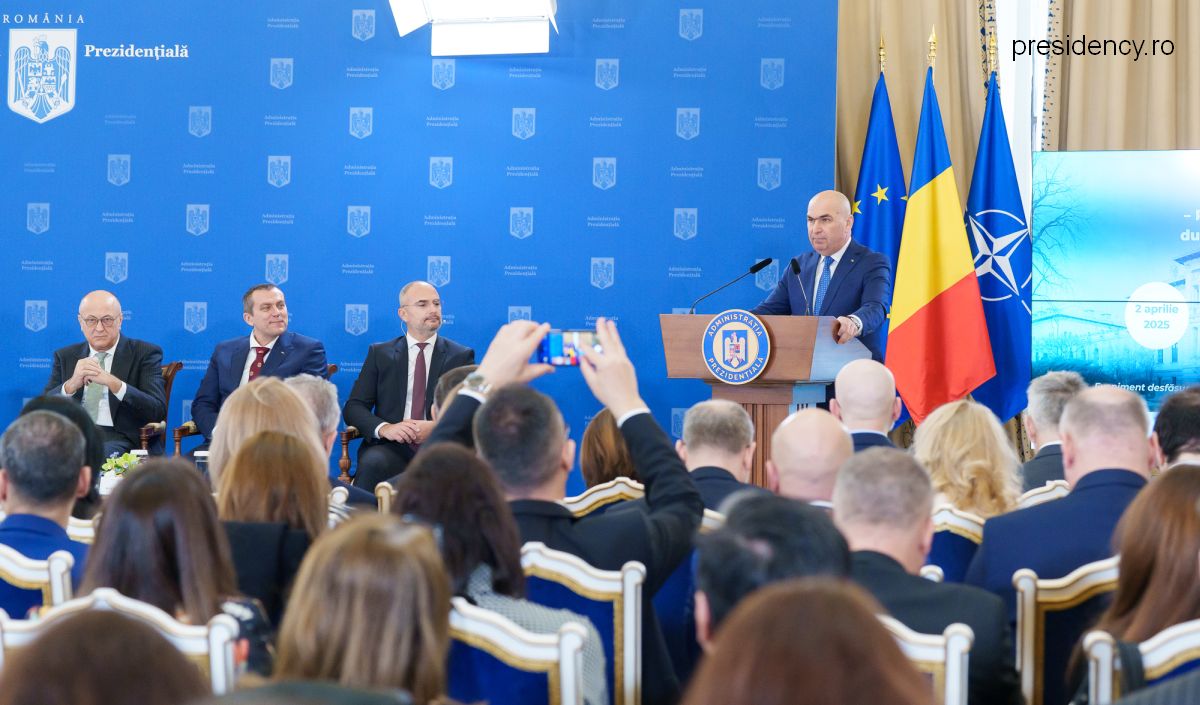New EU measures to ease migration crisis
The European Union will grant an additional 1 billion euros to help the Syrian refugees fleeing to neighbouring countries.
Warning: Trying to access array offset on null in /home/web/rri.ro/public/wp-content/themes/rri/template-parts/content.php on line 53

Warning: Trying to access array offset on null in /home/web/rri.ro/public/wp-content/themes/rri/template-parts/content.php on line 98
Roxana Vasile,
24.09.2015, 14:09
Addressing the root causes of migration at the same
time with its effects is the main decision taken by European Union leaders at
two important meetings held on Tuesday and Wednesday in Brussels, the Justice
and Home Affairs Council and the European Council. At the end of the latter
meeting, Romania’s president Klaus Iohannis said:
It is obvious that if we want to manage the
migration phenomenon efficiently we must first go to its roots, that is the
crisis areas, such as Syria, and do our best to put an end to the conflict and
reinstate peace in those areas.
The European Union cannot do this by itself, but it
surely can contribute. Thus, the EU leaders have pledged to grant an additional
sum of at least 1 billion euros to the UN agencies supporting the refugees in
Syria’s neighbouring countries, such as Turkey, Jordan and Lebanon. Most of the
amount will go to the United
Nations High Commissioner for Refugees and to the World Food Programme. Under this programme,
Romania will contribute 300,000 euros over the next three years.
Another measure was to strengthen
the EU’s external borders, as, according to the European Council President,
Donald Tusk, the proper management and control of EU borders is a joint
responsibility of the member states. Otherwise, the Schengen border-free area
itself may be at risk.
Another decision taken by the
European leaders is that the so-called hotspots, the EU-run reception centres
in frontline member states such as Italy and Greece, where asylum applications
are processed, will become operational at the end of November. A number of reception
centres have already been set up, but they can only function under strict rules
in order to be considered hotspots. It is from these centres that people
considered illegal migrants will be sent back to their countries of origin
while the asylum-seekers will be relocated to other member states.
In Romania, the deputy prime
minister and interior minister, Gabriel Oprea will be in charge of coordinating
the reception of refugees. Romanian Prime Minister Victor Ponta has given
assurances that all relevant government structures will get involved in solving
the situation, while also taking a jibe at the way in which the Hungarian
authorities have handled the refugee crisis. Victor Ponta:
I
want to make it clear that the government is getting ready to take all
necessary measures. This is what I describe an European and balanced approach
to the situation, which is very different from the xenophobic and chauvinistic
attitude of our neighbours.
Following the decision taken at
Wednesday’s Extraordinary Justice and Home Affairs Council, 120,000 refugees
will be relocated among EU member states. Although it has repeatedly stated
that it can only accommodate 1,785 refugees, Romania will now have to take in
another 2,475.






























